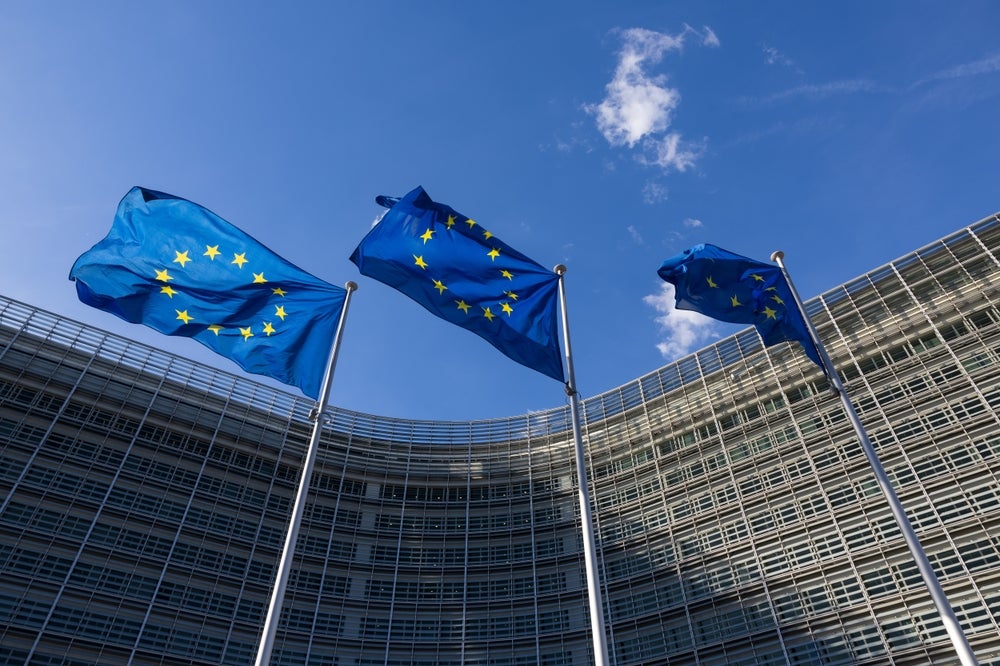The EU Council has given final approval to its Critical Raw Materials Act (CRMA) as it looks to diversify away from Chinese supply chain dominance.
Final approval is the last stage in the process to formally implement the act. The final text, officially adopted on Monday, identifies two lists of materials – 34 critical and 17 strategic – that are crucial for the green and digital transitions, as well as the defence and space industries, the Council said in a press statement.
The act, first proposed at the end of 2022 and part of the EU’s bigger Green Deal legislation, will also establish three benchmarks for the supply and processing of critical minerals used in the bloc. It stipulates that 10% of supply should come from local extraction, with 40% to be processed in the EU and 25% to come from recycled materials.
New mining projects will receive permits within a maximum period of 27 months, the Council said, while recycling and processing projects should receive their permits within 15 months. It added that “limited exceptions” will be applied to certain “complex” projects to ensure “meaningful engagement” with local communities and proper environmental impact assessments.
The EU is looking to move away from Chinese market dominance in the mining of critical minerals and the production of energy transition technologies, particularly electric vehicles (EVs) and renewables such as solar power.
In her State of the Union address in September, European Commission President Ursula von der Leyen criticised the swathes of cheap Chinese EVs “flooding” European markets, saying their prices are kept “artificially low” by enormous state subsidies. She also announced that the Commission will launch an anti-subsidy investigation into EVs manufactured in China in an effort to protect domestic supply chains.
Manfred Weber, leader of the European People’s Party, has said the bloc does not “want to see Chinese electric vehicles benefitting from our climate policies”.
“We have to activate our trade defence instruments to avoid another solar panel attack,” he added, referring to a trade war between China and the EU that devastated Europe’s solar panel industry more than a decade ago.









